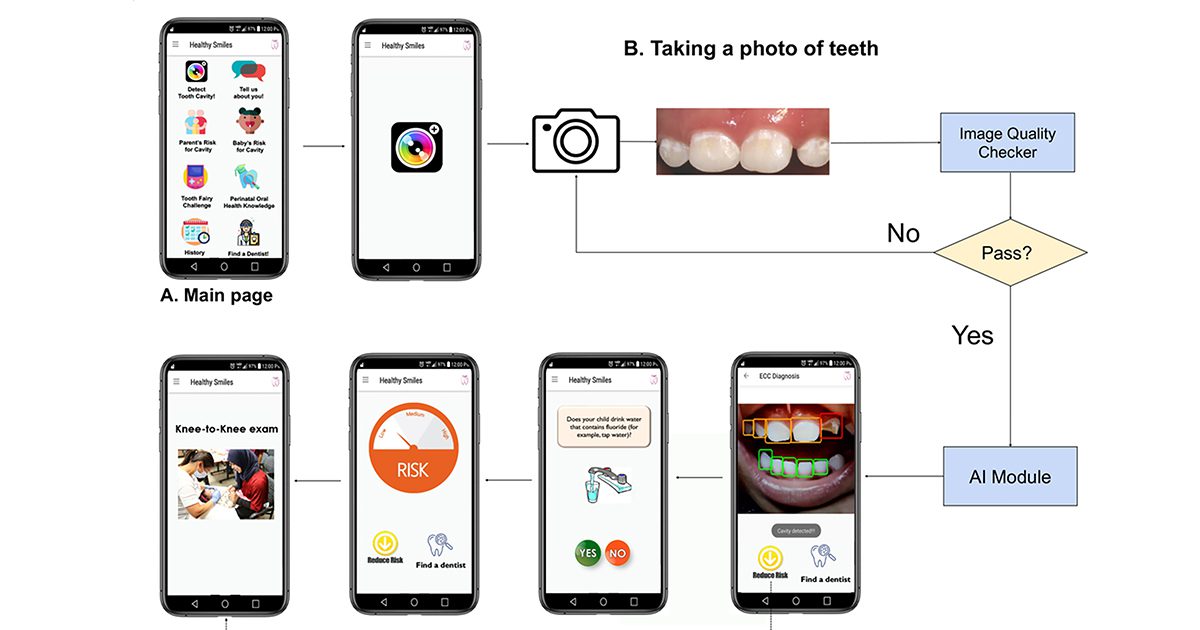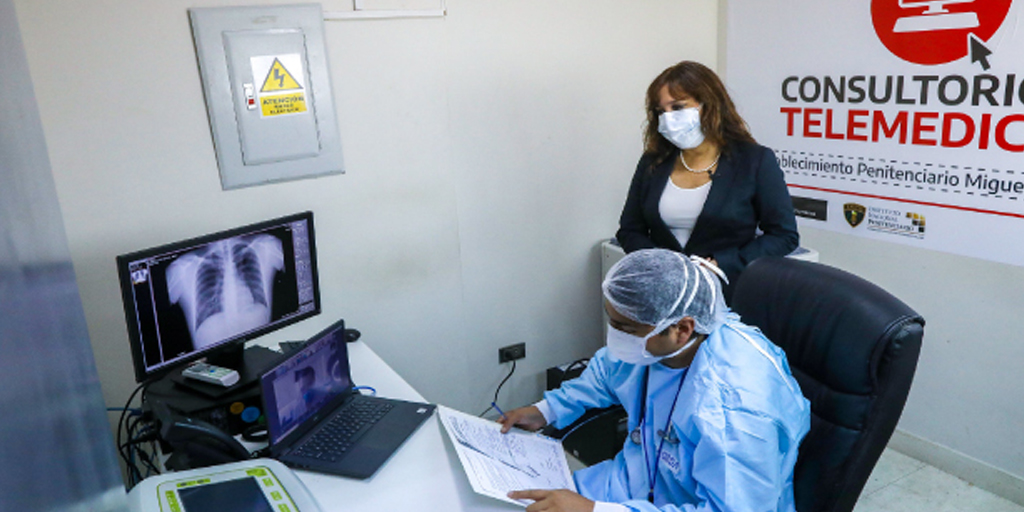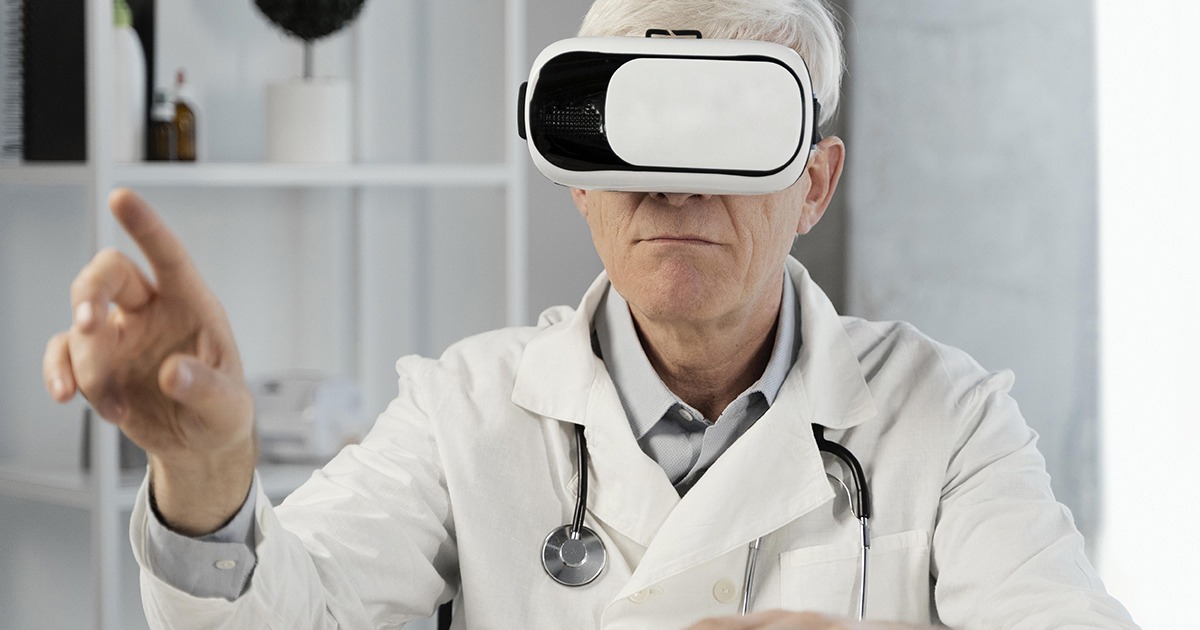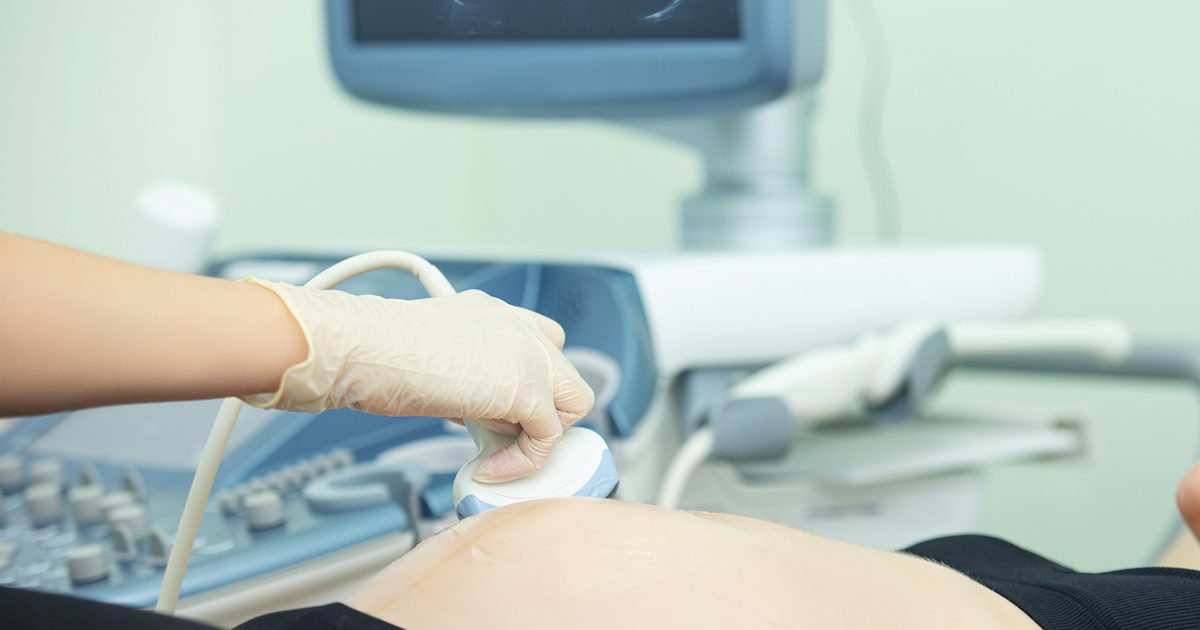A study published in PLOS One shows how, through Artificial Intelligence (AI), the AICaries application improves the detection of dental caries at home.
Tooth decay during early childhood is one of the most common childhood diseases worldwide, especially in children whose families face barriers to proper dental care. For this reason, researchers developed the AICaries mobile app, which promotes caries detection at home.
Through AI, this app uses photos of children's teeth for cavity detection. The app was tested by ten pairs of parents and children, to adjust the procedures for using the app. Subsequently with 32 pairs of parents and children for their test at home and to evaluate the application in their natural environment for two weeks.
"With AICaries, parents can use their smartphones to take photos of their children's teeth and detect cavities, allowing them to actively seek treatment for their children in early and reversible stages," explains the author of the study in his abstract. On the other hand, the application also has an educational section for reducing the risk of caries, as well as a directory of dentists.

AI-powered cavity detection requires photos to meet quality control to avoid dark, blurry, or overly bright photos, so the app will notify users if photos need to be retaken. In the app interface, users will select the “assess caries risk” option and receive a caries risk assessment for each tooth based on three levels: low, medium or high.
The study showed high participation by the 28 parents, since 89% of the participants took photos of their children's teeth through the app. A total of 334 photos, that is, an average of 12 photos per parent. "The results of our study indicated that the AICaries app is well accepted by participating parents," the study explains.
However, the authors acknowledge the limitations of their study, such as the fact that the research tests were conducted in only one city in the United States and only Android devices were used.
“The ultimate goal of the AICaries app is to achieve at-home caries detection using images of teeth taken by parents or caregivers. Since the current study is the first step in evaluating usability, feasibility, and acceptance, future design should incorporate validity testing of AICaries and compare the sensitivity and specificity of the AICaries app in caries detection for clinicians." the study concludes.
You can consult the complete study and its results at the following link: https://journals.plos.org/digitalhealth/article?id=10.1371/journal.pdig.0000046






